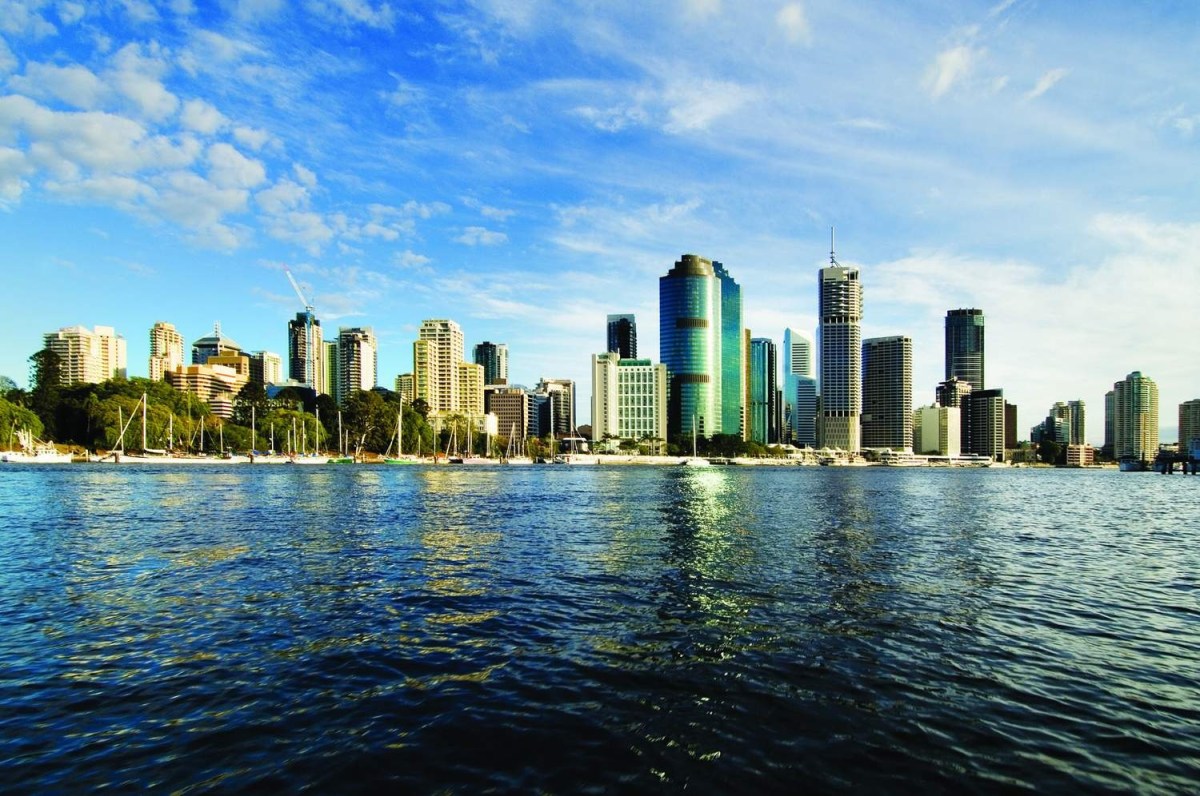
BY RODERICK EIME
The banking, telecommunications and energy industries have one, but the travel industry does not. Who’s pushing for it and why?
The ongoing debate was raised again this week by travel journalist Winsor Dobbin who travelled incognito in the UK recently. When aghast at a hotel he booked on Wotif.com, he noted that there should be an overriding consumer advocate for this industry.
Writing for The Age, Dobbin remarked on his hotel room in Paddington (UK): “While the bedroom was minimalist at best, the bathroom was worse; the shower had virtually zero pressure and I had to stand under a few dribbles of water. But as the Wotif.com website claimed the rack rate for the Gresham Hotel in Paddington was £500 and described the place as “luxurious”, the £128.85 I paid should have made it a bargain. It wasn’t.”
Dobbin admonishes himself too for not checking on TripAdvisor first and for leaving his booking till very late in a busy city.
“While I was able to get some satisfaction from Wotif, the whole process could have been avoided if the hotel description was accurate in the first place,” Dobbin told HM. “Australians generally seem afraid to complain and instead go to somewhere like TripAdvisor to vent their fury.”
Of course, trying to gain satisfaction from the other side of the world can be virtually impossible, but Dobbin says the Australian travel industry should at least take responsibility for itself. The site he used to book the hotel, however, was an Australian company, Wotif.com Holdings Limited, and this is how he was able to gain some recourse.
Australia has the Travel Compensation Fund, but it only protects those “who suffer loss as a result of the financial collapse of a participating travel agency business“, not from inaccurate (or worse) descriptions of products or services.
Australian consumer advocacy organisation, Choice, has led the call for the travel industry to appoint its own ombudsman for cases like this in our own domestic market.
Choice spokesperson, Christopher Zinn, says making a complaint to Consumer Affairs can be “long and drawn out” and most people would prefer to avoid the hassle.
Recent issues with airlines have also kept this debate alive as there is currently no overseeing body able to resolve lingering consumer issues. As it stands, passengers travelling within the European Union and the US have far more consumer rights than those in Australia.
“As the travel industry gains importance in our daily lives, there remains no independent authority to settle complaints, give leadership and resolve disputes,” Zinn told HM. “Currently there’s a missing link that industry or government – or both – needs to address.”
Wotif.com were contacted for a response, but had not responded before publication.

